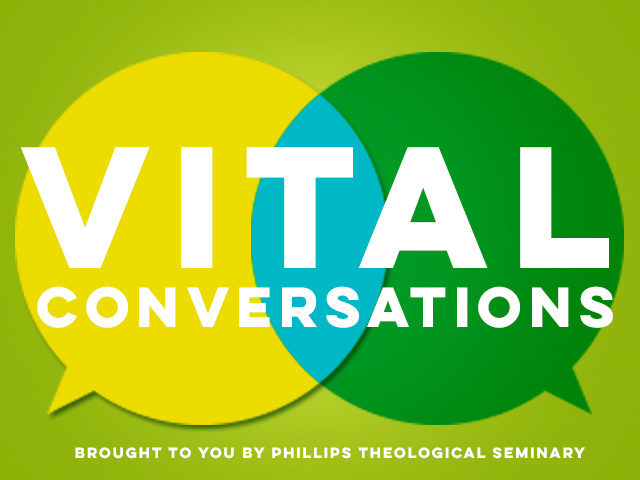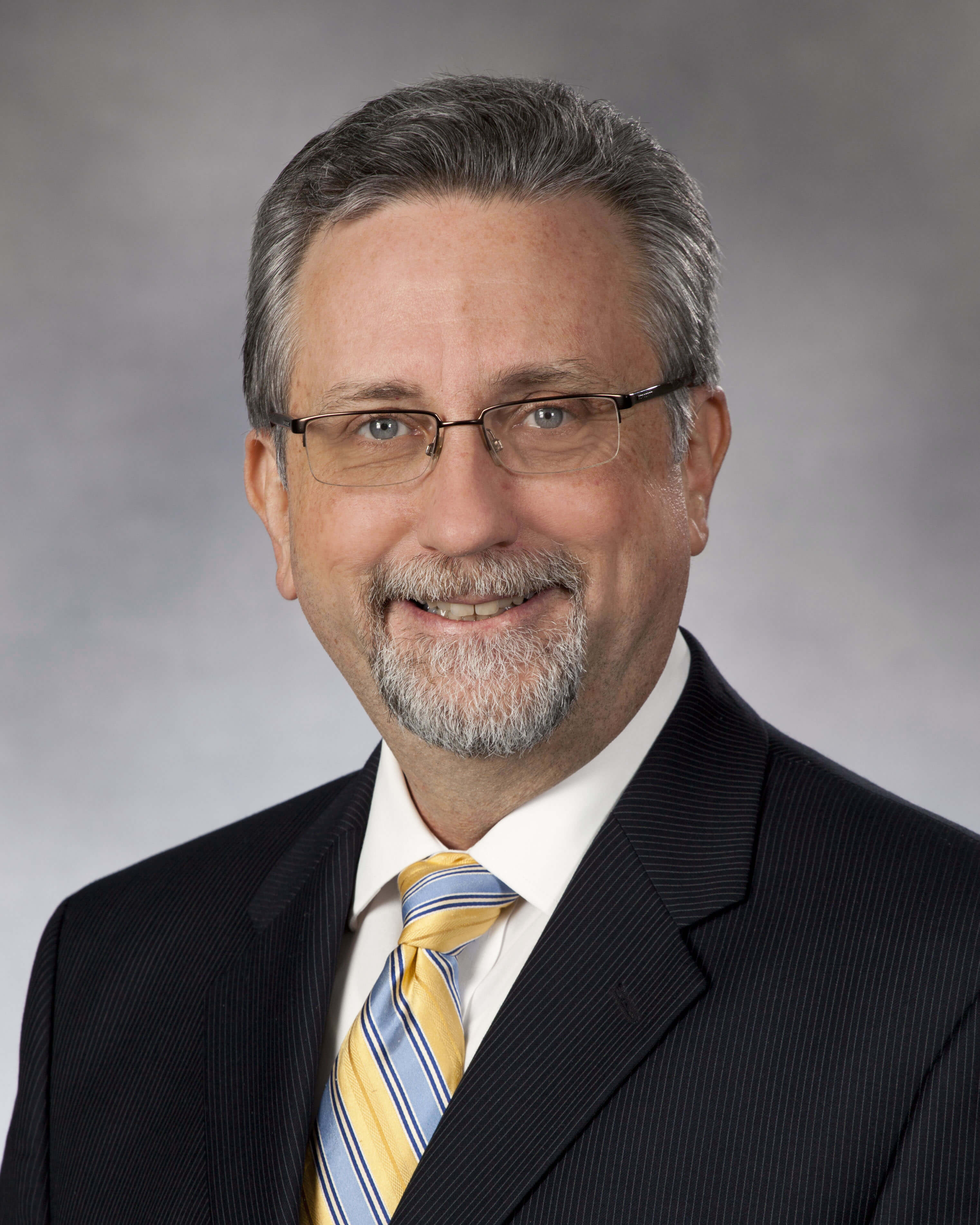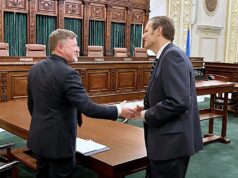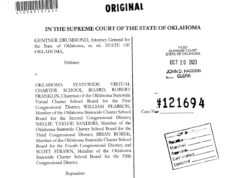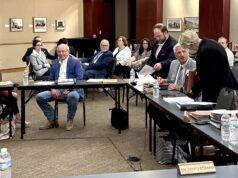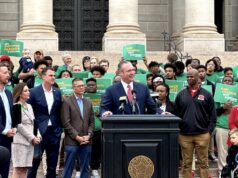(Editor’s Note: Vital Conversations is a running series of commentaries from various faith leaders. The series is sponsored by Phillips Theological Seminary, though contributions come from theologians who are unassociated with the seminary.)
Journalists of all stripes and politically conservative politicians are wrongly categorizing Pope Francis’ messages as “political.” All of us who care about the religious, spiritual and moral dimensions of life should pay attention. The ability to speak in public as people of faith is being quashed.
The Pope writes on climate change as a matter of stewardship of the earth and care for each other, and he is told by climate change-denying politicians to leave science to the scientists.
He speaks about capitalism from the point of view of the globe’s poor, and he is told to stay out of economics.
He comes up with words from God only knows where (OK, I know very well from whence those words come) on welcoming the stranger and treating immigrants with dignity, and he is accused of entering a political debate.
He has not altered the Catholic Church’s teaching regarding abortion or marriage or homosexuality one iota. But his attempts to move the Church from a punitive stance regarding women who have had abortions, divorced Catholics, and homosexuals to a stance of understanding and (in some cases) forgiveness has been met with the “charge” that he is a “liberal.”
Using Paul’s words in the Letter to the Romans, I say “Me genoito!” Translated: “Hell no!”
Partisan political discourse has trumped (maybe I should make it “Trumped”) and superseded religious, spiritual and moral discourse in public and, often, in churches as well.
We people of faith who believe that faith must be evident in public life, but who also believe the faith cannot be reduced to politics, need to fight to enter public debates as people of faith rather than to be reduced to or dismissed with partisan political language and categories.
Journalists, partisan politicians and, in some cases, church leaders are not allowing for affinities between the Gospel and political stances. There are affinities between a Marxist critique of capitalism and the Bible’s consistent concern for the poor. There are also affinities between capitalism and a biblical work ethic.
There are affinities between an interpretation of what being created “in the image of God” means (moral agency) and the development of pharmaceuticals (like working with God for the healing of the world), but an affinity does not mean an endorsement of everything a drug manufacturer does.
There affinities between the biblical narratives and liberation movements, and there are affinities between those liberation narratives and violent (such as the Exodus event) and nonviolent revolutions. Affinity is not an equal sign in an equation. An affinity is a similarity or a talking point, not an identity.
Public figures, whether in the political or religious realms, who confuse affinity with identity are collapsing the Gospel into their political categories — judging, filtering out and cutting off everything that does not cohere with partisan terms.
It has been argued that the separation of church and state had the effect of shielding capitalism from pesky theological and moral questions. The moral and theological poverty of our nation’s discourse, enforced by people who are interested in keeping the partisan terms as they are, is making me a believer in that critique.
The Pope is doing what a Christian religious leader should do: He is speaking from a theologically, biblically and moral-tradition-informed center to a broken world loved by God and full of seeds of change. Pope Francis is asking us to attend with him to those seeds and cultivate them.
No, I do not agree with him on all of his interpretations.
But neither will I label him as too liberal, too conservative or too political as a way of dismissing the deep theological, biblical and moral reasoning he is bringing to bear on God’s world. Let’s rather allow him to enrich our impoverished discourse.









